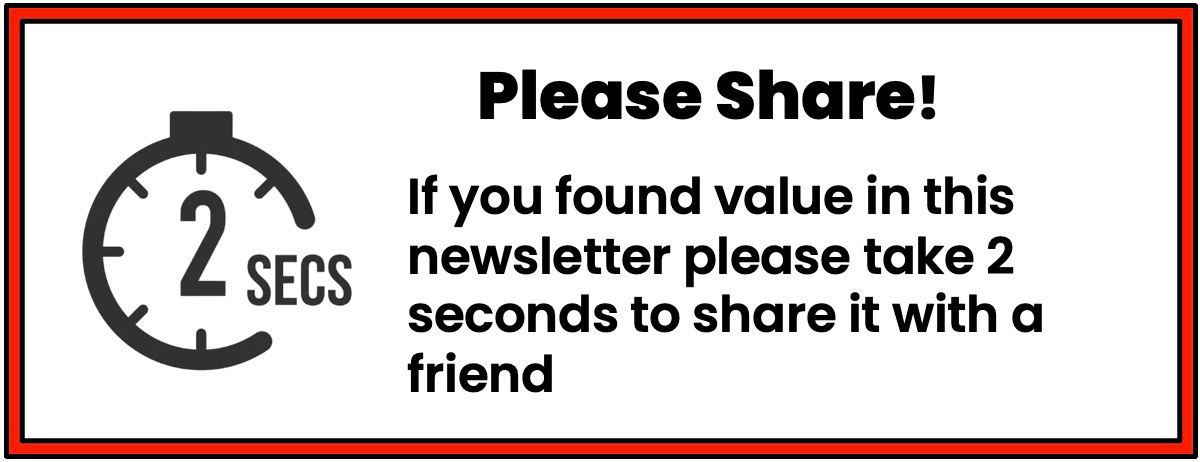Smart contracts will someday change the world, but for now, they are the world's worst misnomer as they are neither smart nor contracts.
This is one of the best reads I've found on smart contracts. It is foundational to all of our discussions about CBDC and tokenization, in which smart contracts are integral.
We usually gloss over smart contracts, assuming they work; I am guilty of this, too.
That is a major oversight, and while smart contracts work, their use in crypto with frequent attacks on their code and grey legality shows there is much work to be done.
To say nothing of interoperability, the ability of a contract on one chain to work on another.
👉TAKEAWAYS
What is needed for smart contracts to go mainstream:
Prioritize key drivers of smart contract interoperability through technical standards and develop a template-based approach to smart contract standardization.
Support for utilization of existing technology and operational risk frameworks to regulate smart contract implementation.
Look to futureproof legal and regulatory regimes by providing clarity and support for responsible innovation, addressing where unique risks arise without creating special new regimes for smart contracts.
👊STRAIGHT TALK👊
So a “smart contract” can be defined as:
software code that is designed to automatically execute upon the occurrence of predefined conditions, deployed within a distributed ledger
technology environment, and may be executed
within the context of a binding agreement
between the counterparties of a transaction.
Sounds good right?
The first problem is that current contract law doesn't recognize the "contract" part of smart contracts.
In short, you can't take a smart contract to your lawyer for enforcement. That matters because banks need legal finality over their transactions.
The second problem is that not all contracts are "smart," they have no memory or ability to learn, and they are instead simple algorithms.
The problem with algorithms is that bad actors can manipulate them by altering the value or state of the dependent conditions to which the contract is tied.
And while blockchain is great, once they are written on chain, there's no going back!
Crypto learned these lessons the hard way with attacks on smart contract-based Digital Autonomous Organizations or on the "oracles" providing market data.
Lastly, who says a smart contract written by JP Morgan will work with HSBC? What if they use different blockchains for payments? This is where interoperability comes in, a truly thorny technical problem to be solved.
This isn't to say that smart contracts won't be revolutionary; they most certainly will be!
But for now, smart contracts still need work.
Please restack!
Readers like you make my work possible! Subscribing is free, and I use the same business model as public broadcasting, where you can get all of my writing for free. If you like the content, please buy me a coffee by subscribing. Thank you!
Sponsor Cashless and reach a targeted audience of over 50,000 fintech and CBDC aficionados who would love to know more about what you do!







